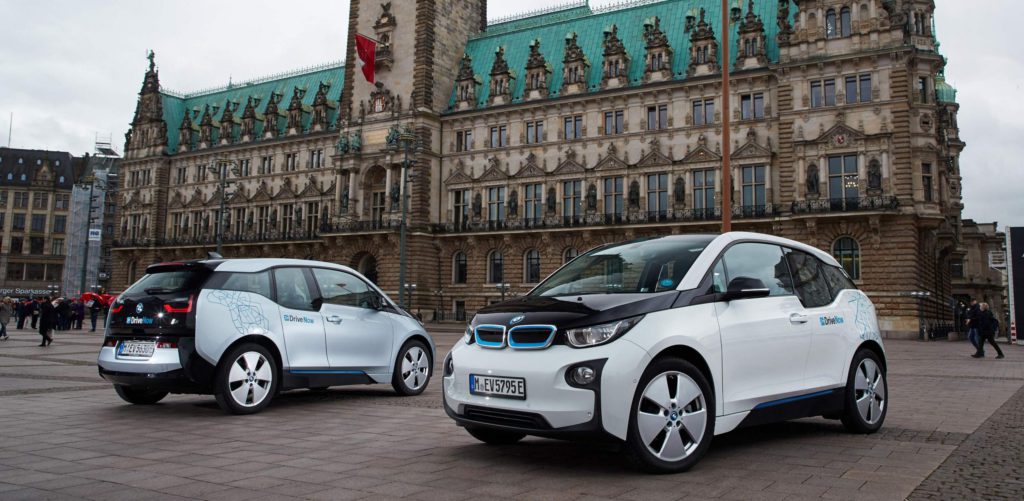BMW Group sets the course for future mobility as it reports Q2 revenue growth
03 August 2017

3 August 2017
BMW has set its course for the future of mobility, with both electrification and cleaner diesel engines at the heart of its plans.
BMW management board chairman Harald KrÜger has highlighted how the company was the first German manufacturer to invest in electric vehicle (EV) technology with its BMW i vehicles, however he now believes that future mobility must also be sustainable mobility, with the company pushing forward with plans to ensure this is the case.
However, electrification is not the only sustainable drive solution: ′Future mobility will definitely depend on state-of-the-art diesels as well,’ said KrÜger, ′because environmental protection has several dimensions: one of them is the fight against climate change.’
While diesel technology is being vilified, especially in Germany where manufacturers and the country’s government have come to an agreement that will see 5 million cars retrofitted with new software to reduce harmful emissions, BMW is keen to highlight the benefits of the technology.
In a statement, the company says: ′Modern, efficient diesel engines ensure lower CO2 emissions and therefore make an important contribution to protecting the environment. In addition, when it comes to many unwanted emissions, diesels are just as clean, or even cleaner, than petrol engines. This can certainly be said of particulate, hydrocarbon and carbon monoxide emissions, meaning that three of the four major diesel pollutant issues have been resolved and no longer have any adverse effect on air quality. This is why the BMW Group is calling for objective discussions based on facts and scientific evidence.’
In addition to the optimisation of the internal combustion engine, the BMW Group is moving ahead with the roll-out of electric mobility. Going forward, flexible vehicle architectures and manufacturing facilities will allow the company to decide at short notice which models and volumes to produce with what type of drive: combustion-powered, plug-in hybrid or fully electric, depending on demand. In 2017, the BMW Group expects sales of its electrified vehicles to exceed 100,000 for the first time in a single year, with the all-electric BMW i3, BMW i8, BMW iPerformance plug-in hybrids and the plug-in hybrid MINI Countryman all contributing to the figures.
Meanwhile, the German manufacturer has posted a 7.5% rise in its Q2 profits, beating initial forecasts, thanks to demand for motorcycles and its new 5-Series model. Deliveries of Mini and Rolls-Royce vehicles rose by 4.6% in the same period.
The company forecasts a ′solid increase in automotive segment revenue for the full year, predicting ′additional momentum’ in sales in the second half as the new version of its 5-Series is launched in markets such as China.
′Our customers are excited by the new 5-Series model. Since its market launch and throughout the second quarter it continues to achieve considerable market success. We are confident that the BMW Group, with its three premium brands, will set a new record for deliveries to customers in 2017 and remain the foremost provider of premium mobility,’ said KrÜger.
Photograph courtesy of BMW Group